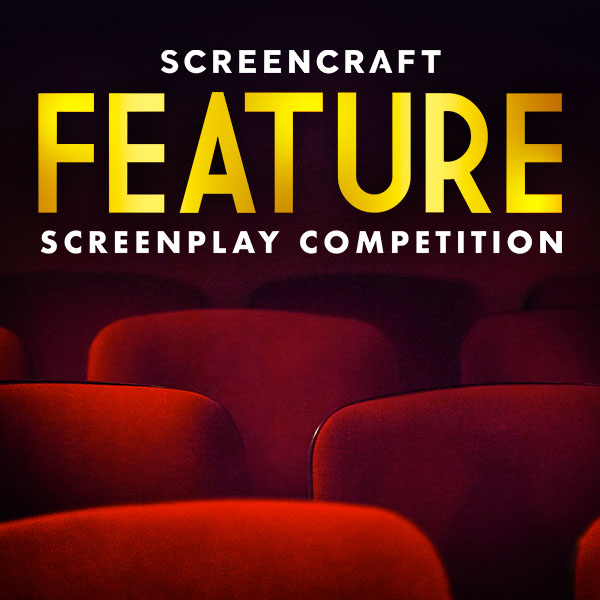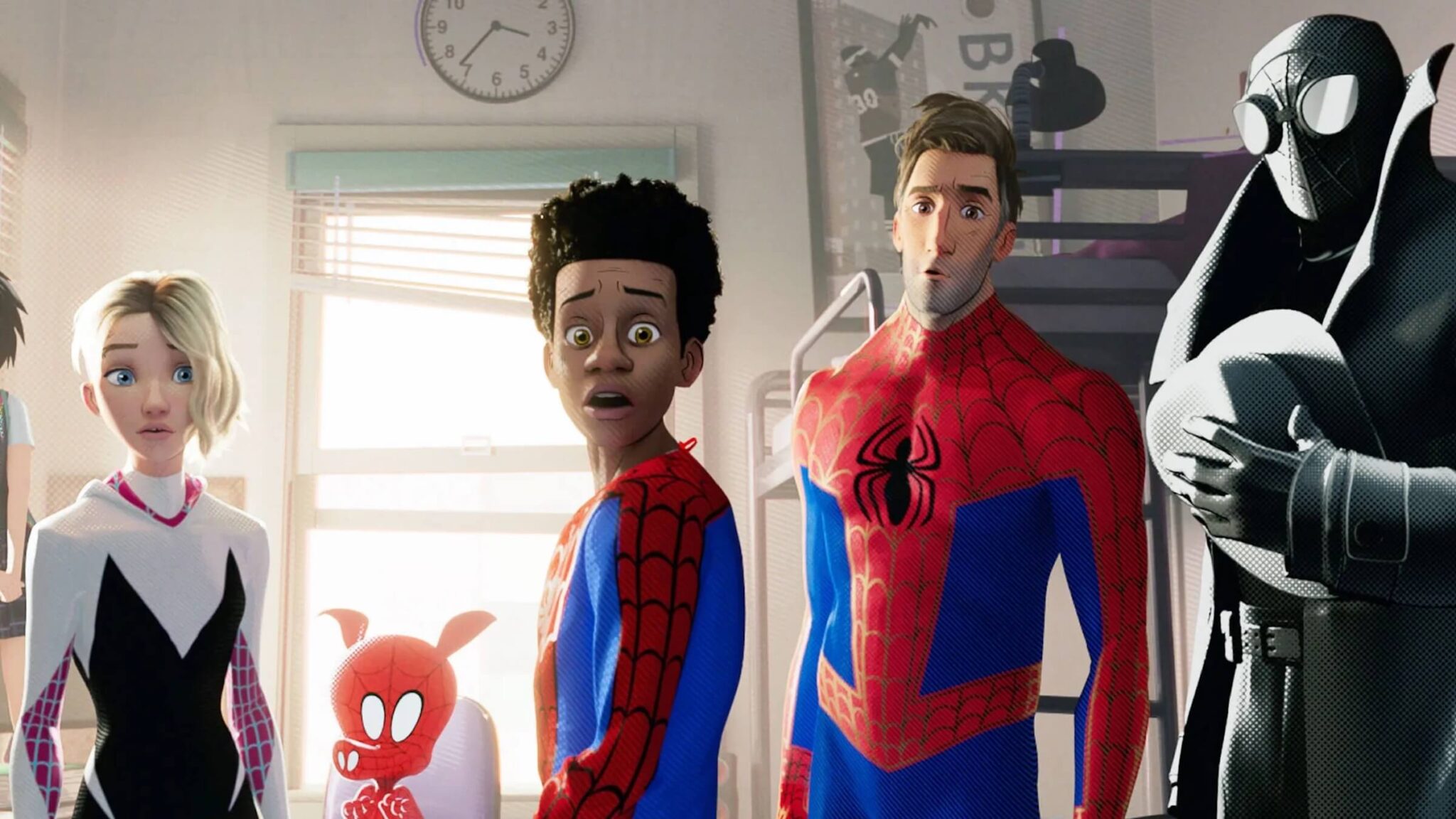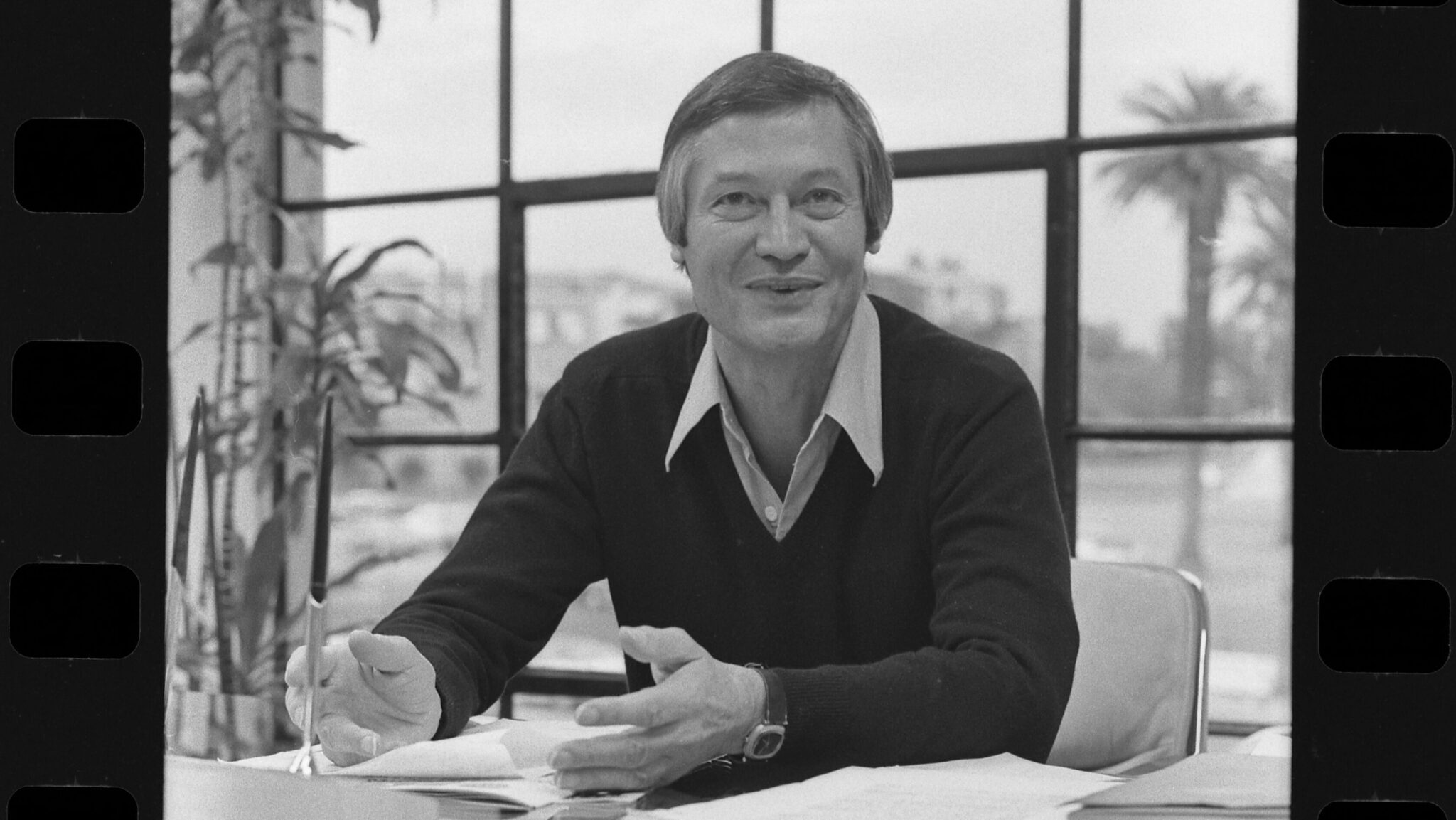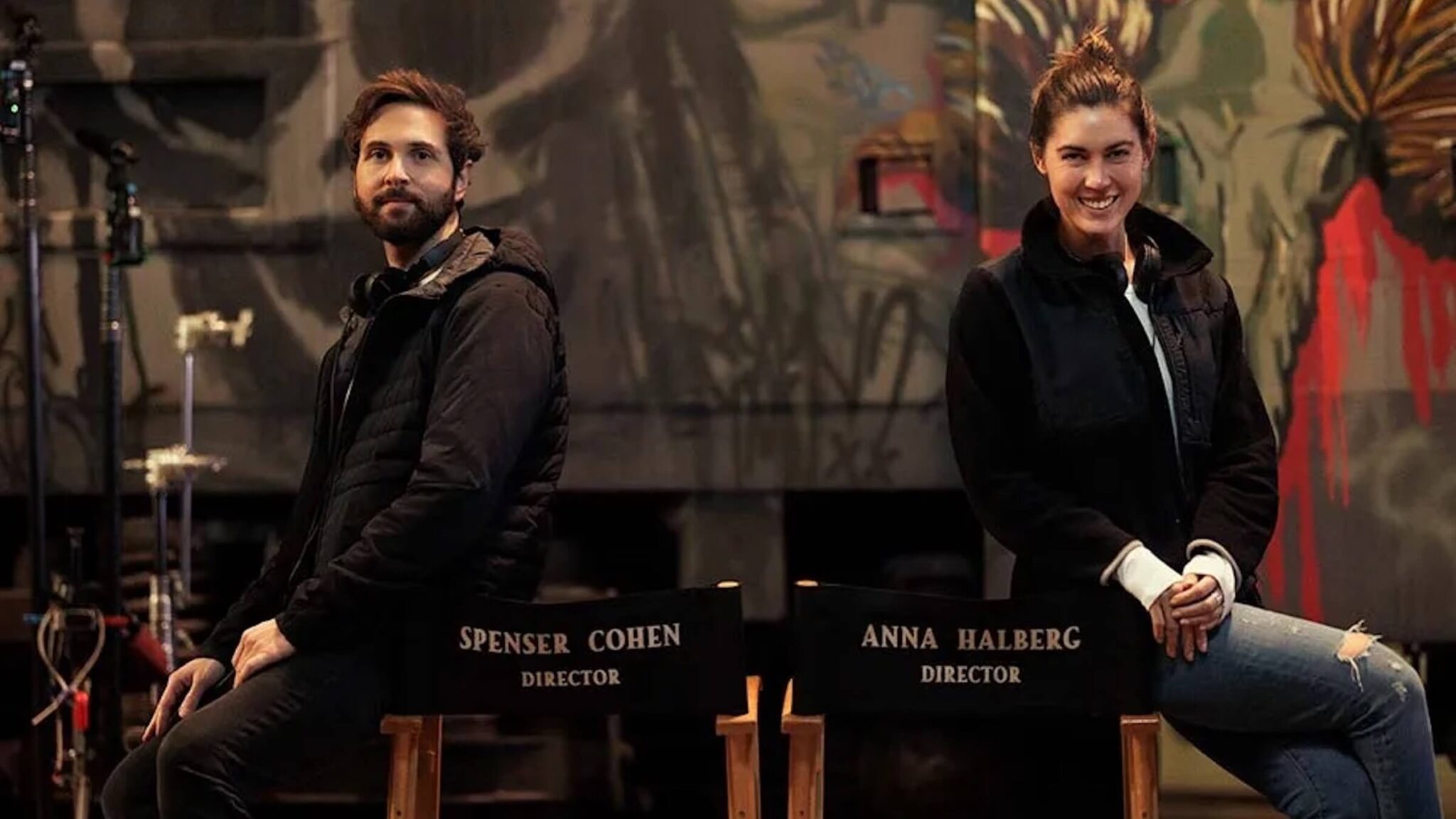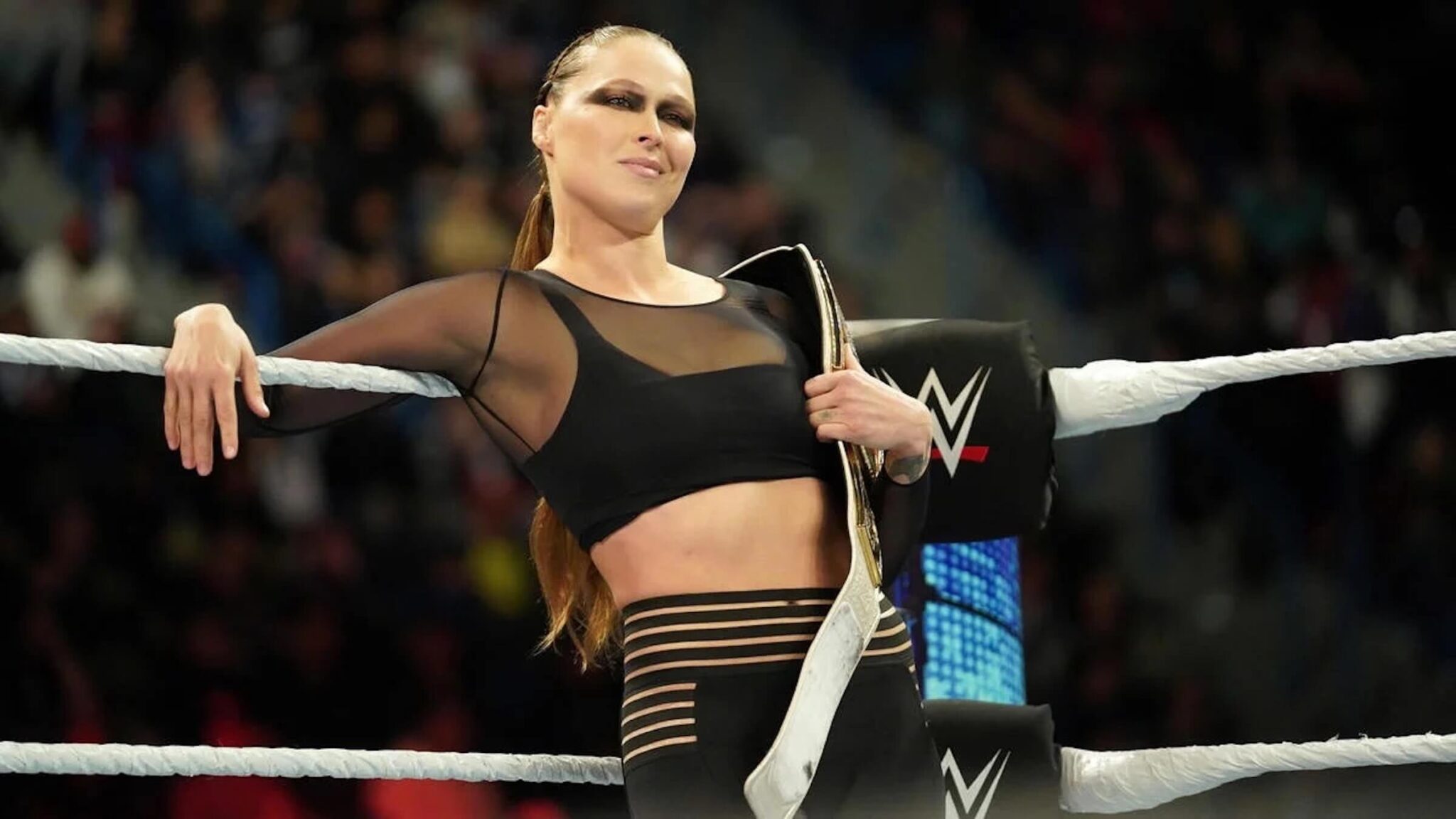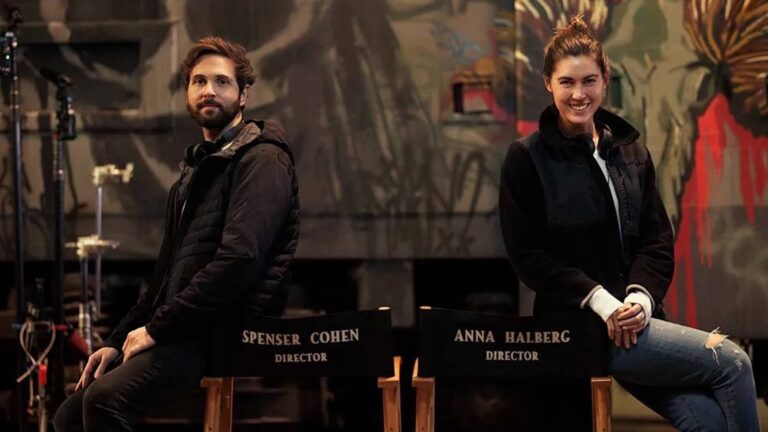5 Lessons from The Hollywood Reporter’s Writer Roundtable
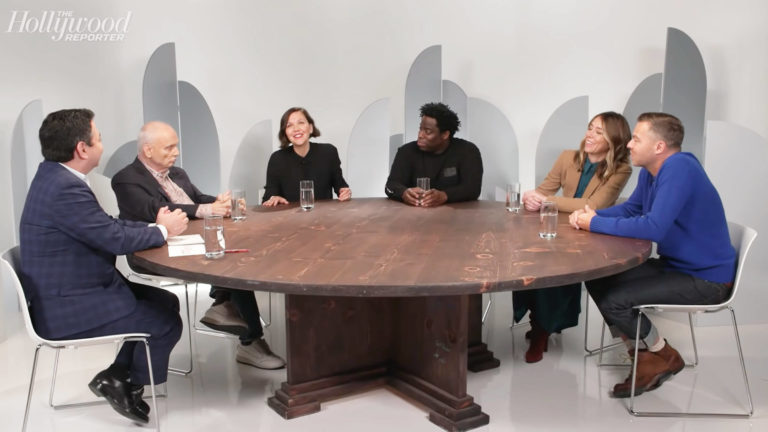
Screenwriters Zach Baylin (King Richard), David Chase (The Many Saints of Newark), Maggie Gyllenhaal (The Lost Daughter), Sian Heder (CODA) and Jeymes Samuel (The Harder They Fall) recently got together with The Hollywood Reporter’s Scott Feinberg to discuss the challenging process of writing and the success of their recent film projects.
All the writers at the table come from different backgrounds and life experiences, which they use to inspire their stories in different ways. The road to becoming an A-list screenwriter is never easy, but each one of these talented people somehow managed to push past the obstacles facing writers as they first get to Hollywood and struggle to have their voice heard.
We pulled five of our favorite lessons from The Hollywood Reporter’s Writer Roundtable, but you can watch the full discussion down below:
A Short Film Can Become a Feature Film (With Patience)
Both Sian Heder (writer/director of CODA) and Jeymes Samuel (co-writer of The Harder They Fall with Boaz Yakin) began their professional writing careers by writing and directing short films. Both admit the process to getting to a produced feature film wasn’t quick or easy, but the short films helped establish them as capable storytellers.
After going to college to study acting, Heder became curious about screenwriting. “I applied to AFI’s Directing Workshop for Women, and a short film that I made [Mother, 2006] ended up in competition at Cannes and won an award. Then it took me nine years to get my first feature made from that short [Tallulah, 2016]. In that time, I wrote on Orange is the New Black for four seasons, honing my skills in a TV writers room and producing my episodes and watching every director closely.”
Though most people know Samuel (co-writer/director of The Harder They Fall) for his music, he always knew he wanted to write a Western, so he started with a short film. “I wrote and directed a short 10 years ago called They Die by Dawn [2013] a Western with a lot of the same characters that are in The Harder They Fall. I knew that people wanted to see people of color in a Western, even if they didn’t know it. And then I wrote the initial draft of The Harder They Fall after I directed that short.”
Though writing a short film is no magic bullet for getting a feature made, it shows a writer’s talent and vision which can lead to a much bigger writing career.
How to Approach a Story That’s Different Than Your Own
There’s a lot of discussion in Hollywood today about who can and should tell personal stories, particularly if they are the stories of a group to which the writer does not belong. But does that mean a writer shouldn’t attempt to tell a story that’s different than their own? Both Baylin and Heder are proof anyone can tell any story – as long as they capture it authentically and are willing to collaborate.
Baylin [writer of King Richard], tells the true story of a famous Black family: the tennis empire that is the Williams sisters. Because Baylin is white, he knew he wouldn’t be the first choice as the person to write a screenplay about the Williams, but his passion for the project kept him going.
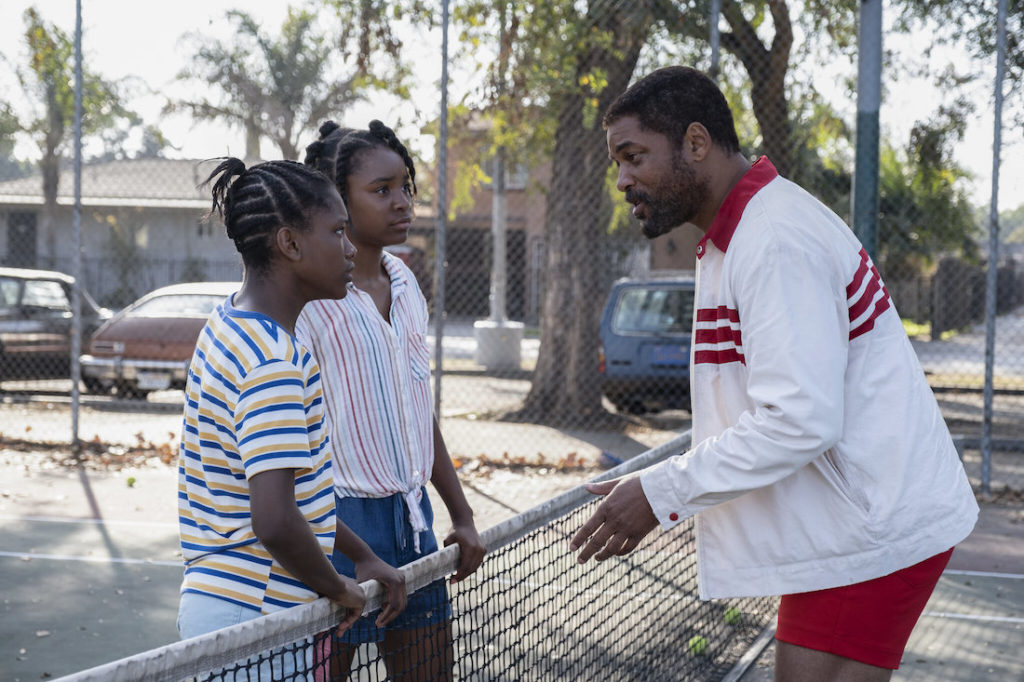
'King Richard'
“I felt like I understood the emotion of it and the journey, but yeah, the nuances of the world and the experience? I knew I was not going to be able to get that without really opening up to being a collaborator. I wrote a draft of the script before we approached the family — I didn’t have any credits and we knew that, being a white guy, if we were to approach them at the beginning, I probably was not going to be the person that would be chosen to write that film. But I was so in love with it and we said, OK, well, we take this to them and say, ‘I’m sure I f***ed up a lot of stuff in this, but I want to hear your voice. I want to hear your experiences.’”
Through collaboration with the Williams family, Baylin’s script began to take shape in a way that felt credible and compelling.
To write about the deaf community, Heder felt similar pressure and wanted to eschew what she calls the “hearing gaze,” or prejudice she might bring to the film as a hearing person. She reached out to a team of collaborators to get “deaf eyes” on the script every step of the way.
“There’s a saying within the deaf community, which I think holds true for any marginalized community: ‘Nothing about us without us.’ I don’t think that means that the person sitting at the keyboard necessarily needs to be the exact thing, but you have to do your research. You have to give people a real voice.”
Characters Should Be Compelling
Chase, creator of Tony Soprano from The Sopranos, brought the antihero to television in a way that had never been done before. Audiences knew Tony was a bad guy, but somehow they were on his side from start to finish. That’s great writing!
But Chase says he never really thought about whether or not Tony would be “likable” or an “antihero.” He just wrote a character that was compelling to him. But Gyllenhaal says it’s more complicated when it comes to writing “bad” women.
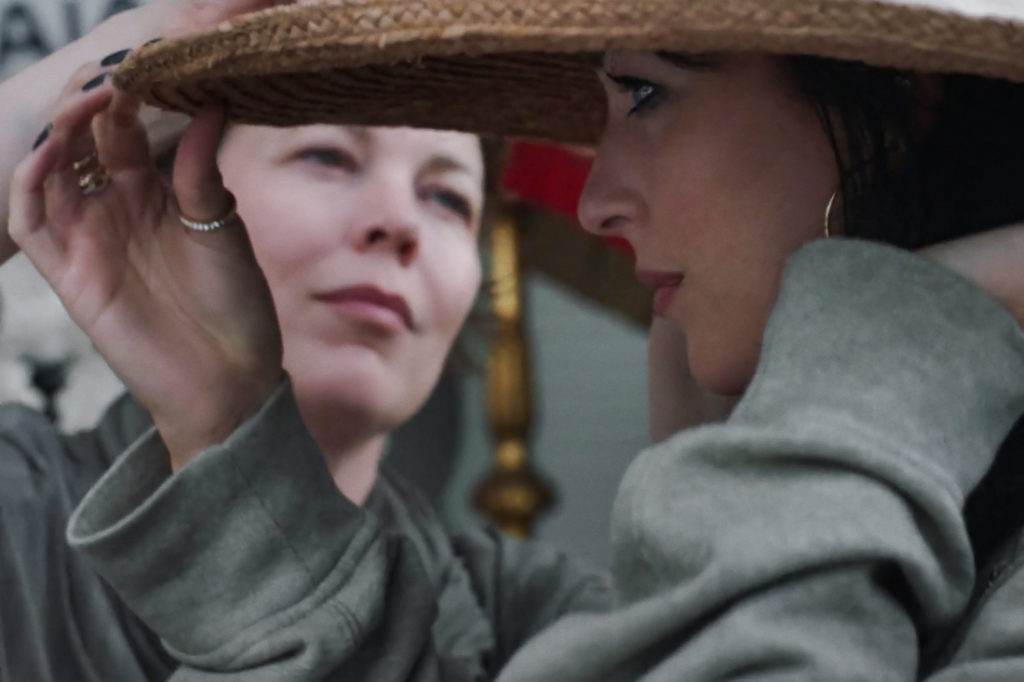
'The Lost Daughter'
“I think for women it’s been much more difficult,” says Gyllenhaal. “There’s been a different onus on us to be appealing — to look a certain way and to express ourselves a certain way inside a pretty small spectrum. But to me, honesty is electrifying. I think all of us have aspects of cruelty, perversity, strangeness and darkness, as well as friendliness and all the rest of it.”
Gyllenhaal says the bottom line is that characters are either “compelling” or “not compelling.” She says to go with compelling no matter what.
Tips for Dealing with Writer’s Block
All writers get stumped from time to time. But trying to force the writing is never helpful. So what else can a writer do?
Heder has a great workaround: “Research does it for me. If I’m writing, ‘The Coast Guard boards the boat,’ I’ll cold-call the Coast Guard and find someone to talk to me — like, ‘What’s the language you guys use over the radio when you board a boat?’ And, ‘If there were a boat of deaf guys that you boarded, what do you think might happen?’”
For Gyllenhaal, she says she needs to be patient with herself and let her brain work through things. “I know that the thing I need is space in my mind. To push anything is never going to work.”
For Samuel, he just pushes through and doesn’t allow writer’s block to take hold by coming up with alternate scenarios. “I never have writer’s block because I play a game with myself. Like there are so many versions of The Harder They Fall where an alien comes down. I literally just game myself back into it.”
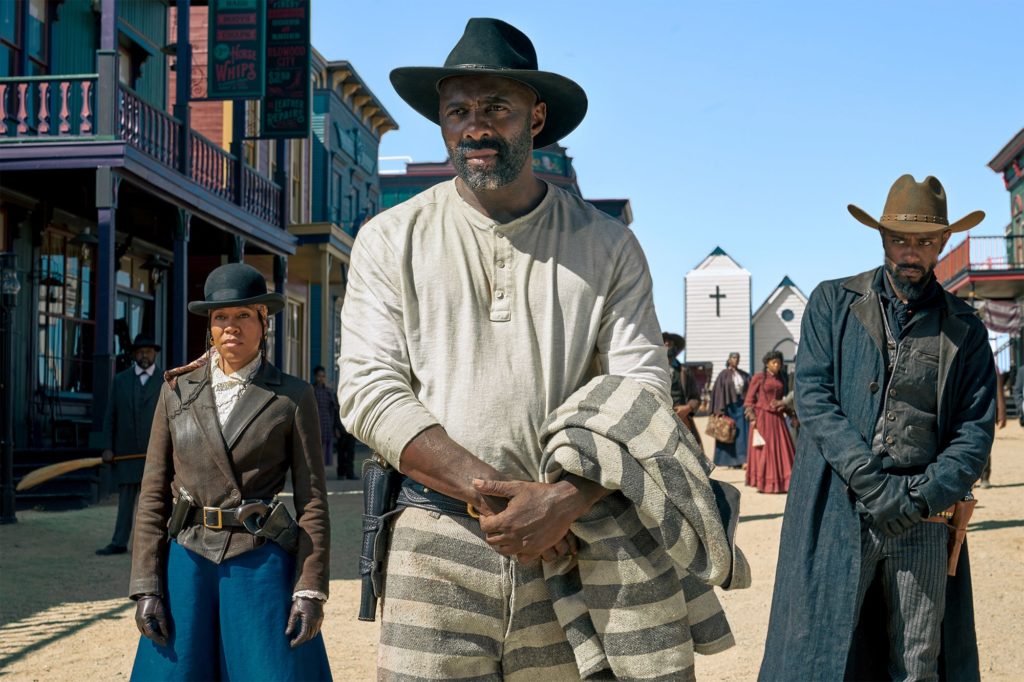
'The Harder They Fall'
How Do You Know When Your Screenplay is Finished?
Most writers are perfectionists so it can be difficult to stop writing and move on to the next phase, but the process to getting to the end is different for everyone.
Heder actually doesn’t mind making changes either on set or in the editing room. For her, it’s just part of the creative journey. “When you’re directing your movie, you’re going to write it again when you shoot it and you’re going to write it again when you edit it.”
But Samuel is able to find that distinct moment when he knows he’s ready to move on. “For me, it’s when I say, ‘OK, that’s dope.’ There’ll always be something else. But a script is exactly like a song. I get to a stage where I go, ‘Wicked. Now it’s time to hit the streets with it.’ … Things are always going to change, but you know when you’ve got the foundation, I believe.”
Shanee Edwards is a screenwriter, journalist and author. After receiving her MFA in Screenwriting from UCLA, she was hired to adapt various stories for the screen including Apes or Angels, the true story of naturalist Charles Darwin, and Three Wishes, based on the New York Times best selfing novel by Kristen Ashley. You can listen to her interview Oscar-winning screenwriters on The Script Lab Podcast, or read her book Ada Lovelace: the Countess who Dreamed in Numbers. Follow her on Twitter: @ShaneeEdwards
Tags
Get Our Screenwriting Newsletter!
Get weekly writing inspiration delivered to your inbox - including industry news, popular articles, and more!



